
By Joshua Worlasi AMLANU
The International Monetary Fund (IMF) has urged Ghana and other African countries under Fund-supported programmes to maintain fiscal discipline even after exiting their current arrangements, warning that a relapse could undermine recent gains in economic stability.
Abebe Aemro Selassie, Director of the IMF’s African Department, said during the October 2025 Regional Economic Outlook for sub-Saharan Africa launch that governments must continue to consolidate fiscal reforms beyond the current programme timelines – particularly countries like Ghana expected to complete their IMF programme in 2026.
“It’s been very encouraging to see this government committing to pursue fiscal discipline,” Mr. Selassie said. “What needs to be seen is this playing out over the next two, three, four years.”
He noted that while Ghana has demonstrated spending restraint so far in 2025, sustained discipline will determine whether the current macroeconomic stability endures.
Government reported that total spending for the first nine months of 2025 reached about GH¢131billion, representing about 14 percent below target with significant cuts in capital expenditure. While some view this as a sign of prudent fiscal management, Selassie cautioned that one-off underspending is not enough without a credible medium-term consolidation framework.
The IMF projects sub-Saharan Africa’s growth at 4.1 percent in 2025, with a modest pickup expected in 2026. The Fund said the region’s recovery remains uneven, with several countries still grappling with high debt, inflation and constrained external financing.
Mr. Selassie noted that “rising debt service costs are crowding out development spending” and called for improved domestic revenue mobilisation and debt transparency to reduce borrowing costs.
He stressed that fiscal reforms must focus on modernising tax systems through digitalisation, cutting wasteful tax exemptions and strengthening enforcement.
Beyond technical fixes, Mr. Selassie emphasised that tax reforms should be grounded in public trust and transparency.
“It will be essential to build public trust in tax institutions and ensure that reforms are both effective and equitable,” he said, adding that citizens are more likely to comply when they see their taxes funding visible public goods.
For Ghana, the IMF sees encouraging signs of macroeconomic stabilisation. Inflation has eased from last year’s highs to 9.4 percent in September 2025, the cedi has steadied and external buffers are being rebuilt.
“It’s been generally good to see stabilisation returning to the economy,” the Director said. “The economy is beginning to recover, inflation is beginning to decelerate and signs of confidence are allowing the cedi to stabilise and maybe even begin to appreciate.”
However, he cautioned against complacency, noting that an “excessively appreciated exchange rate” could hurt competitiveness if not managed carefully. The challenge, he said, is to strike a balance between price stability and growth.
On debt management, the IMF urged governments to publish comprehensive debt data, strengthen budget oversight and avoid excessive reliance on domestic borrowing, which has tightened the bank-sovereign linkages.
“About half of public debt in the region is now held by domestic institutions,” Mr. Selassie said. “While this has provided resilience, it also creates vulnerabilities for the banking sector.”
Since 2020, the IMF has disbursed nearly US$69billion in support to sub-Saharan Africa – including US$4billion this year.
The Director reiterated that the Fund’s support aims to help countries like Ghana achieve durable fiscal stability and sustainable growth.
“The direction of travel is the right one,” he concluded, “but fiscal discipline must hold well beyond 2026 if the gains made are to last.”
The post Fiscal discipline must hold beyond 2026 — IMF cautions appeared first on The Business & Financial Times.
Read Full Story

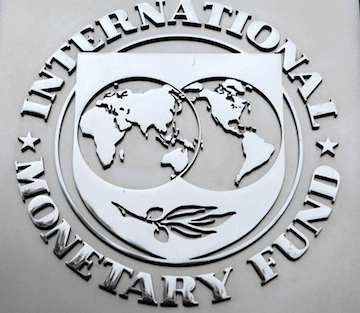



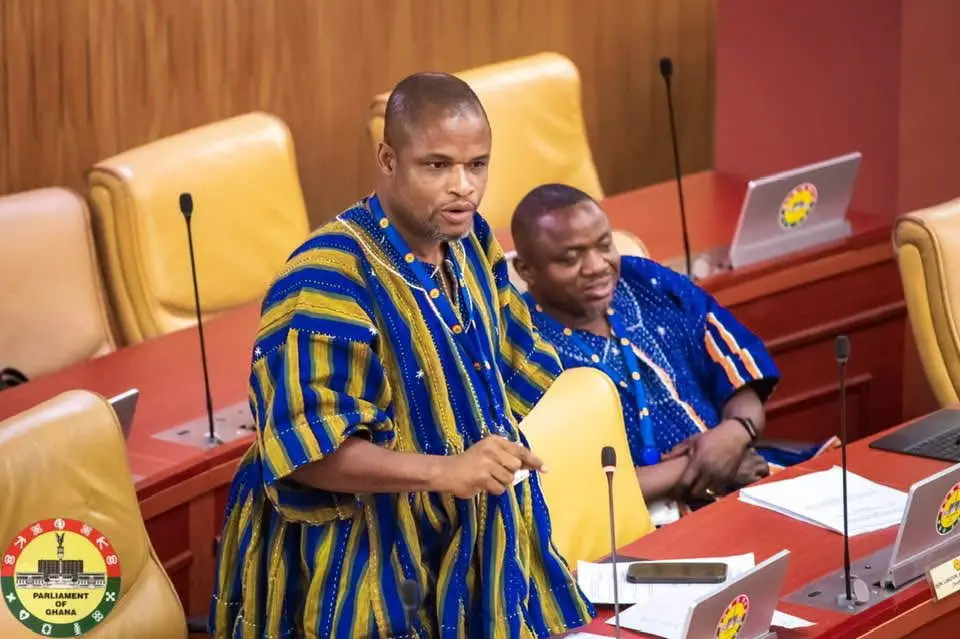




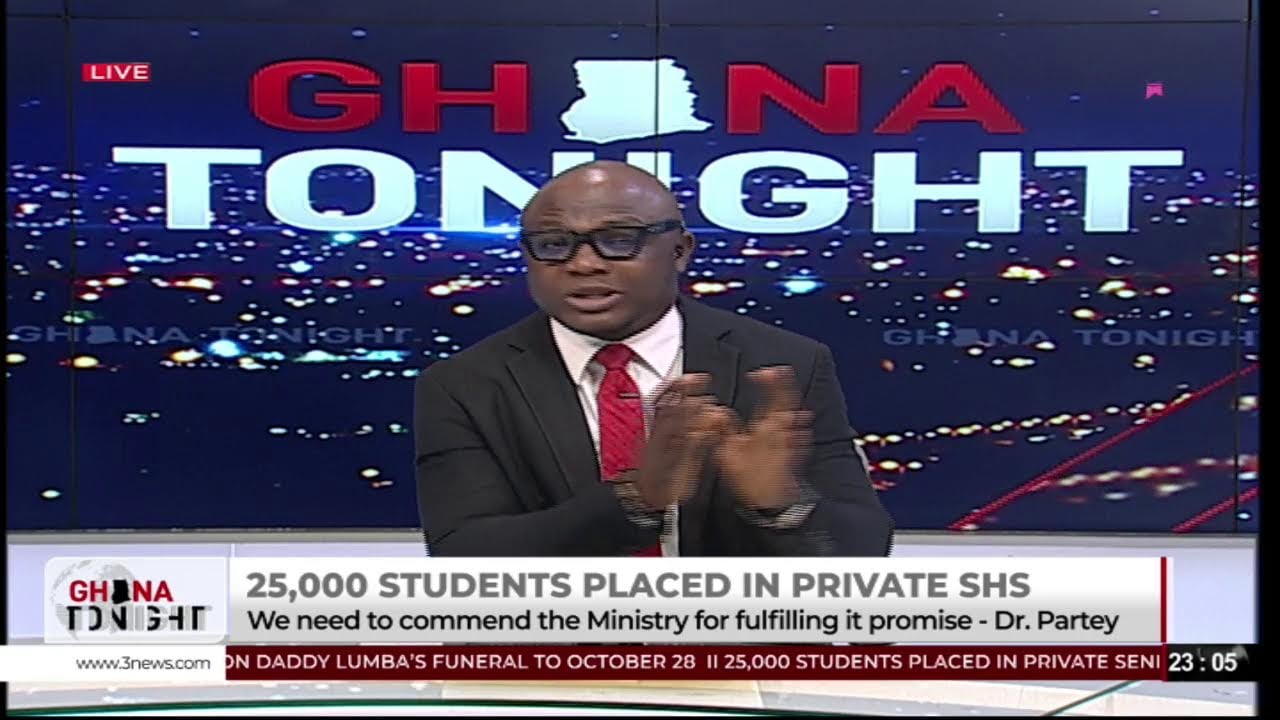
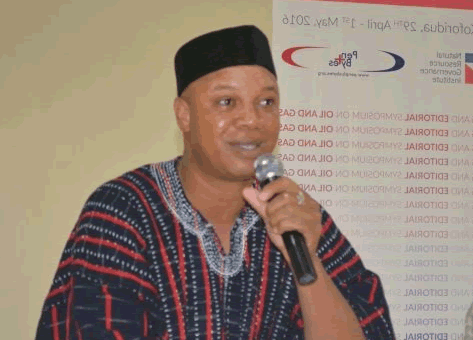





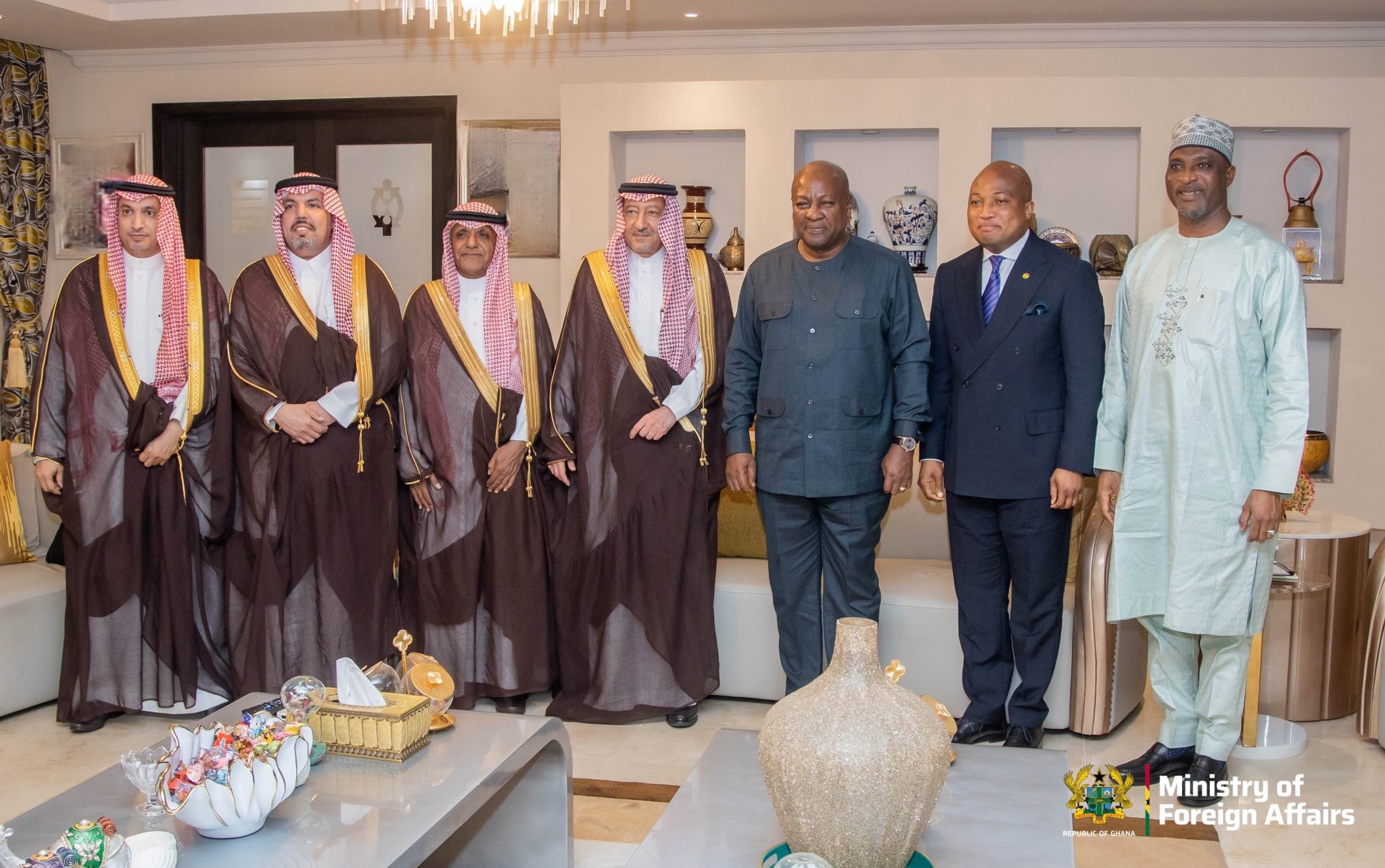
Facebook
Twitter
Pinterest
Instagram
Google+
YouTube
LinkedIn
RSS